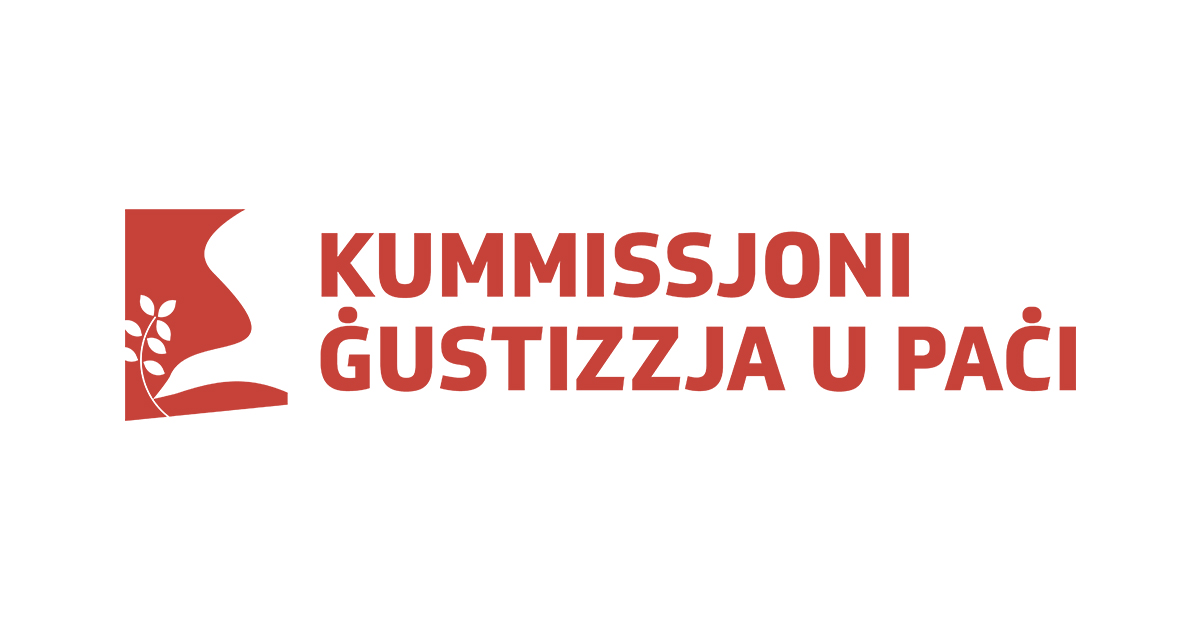“Humanity is called to recognize the need for changes of lifestyle, production and consumption, in order to combat this warming or at least the human causes which produce or aggravate it. Obsession with a consumerist lifestyle, above all when few people are capable of maintaining it, can only lead to violence and mutual destruction.”
(Pope Francis, LS. 23. 204)
Numbers are not everything. But they matter. Sometimes they tell us things we prefer not to hear, make us uncomfortable and challenge our deep convictions, beliefs and practices. That’s why it sometimes easier to ignore them, spin them until they lose their significance, or selectively retain only those statistics that require no change from our end.
When it comes to climate change and the protection of the environment, all of the above should sound familiar. Bombarded on an almost daily basis with “complicated” numbers about the disastrous state of our common home, the default reaction of many is that of ignoring the bad news, spinning them out of all meaning, or focusing only on the few “convenient” numbers whilst shutting off the rest. As a result, lifestyles remain unchallenged and any pressure on governments to radically transform the way we produce, consume and live is put off indefinitely.
Our world is in urgent need of a personal and communal process of conversion. Here are a couple of examples of how facts and numbers can help us counteract the stalling and paralysing tactics promoted by those whose interests – financial or otherwise – are intimately linked to the maintenance of the status quo:
‘Eat local’ is a recommendation we commonly hear when it comes to reducing the carbon footprint of our diet. From food security to the protection of the livelihoods of farmers which is closely linked with the conservation of precious agricultural land, there are many arguments in favour of the consumption of local produce. But as illustrated in “Our World in Data reports”, when it comes to the impact on climate, what we eat is far more important than where our food has travelled from. In fact, if the transport of the food eaten in the EU is responsible for just 6% of emissions, meat, dairy and eggs account for 83% of the carbon footprint of diets. As a result, eating locally does not dispense us from the need to move away from animal-based food production.
What about the impact of recycling on the environment? Whilst the recent efforts at increasing the currently abysmal rate of plastic bottle recycling in Malta is certainly to be commended, recycling alone is certainly not enough if not accompanied by a severe reduction in our consumption patterns. How much better for the environment would it be if, for example, we were to tackle our addiction to plastic water bottles by doing away with harmful supermarket free-water-bottles schemes whilst implementing targeted incentives which encourage the take up of more eco-friendly alternatives such as safe drinking tap-water, reverse osmosis and public drinking fountains? Additionally, a few years ago, a study concluded that you would have to recycle for more than seven years to compensate for the emissions of one transatlantic flight. These numbers are another timely reminder that, with the window of opportunity to avoid catastrophic climate change shrinking rapidly, all changes are important. But some changes are more crucial than others. Otherwise we would only be using the small good things we do, to conveniently ignore the really harmful things we do not want to stop doing.
When it comes to sustainable transport, the electrification of cars is certainly a step in the right direction. In this case, those lobbying for maintaining the status quo argue that the lithium necessary for car batteries still needs to be mined. Therefore, given the environmental harm this causes, we might as well keep the internal combustion engines we currently have. Conveniently, this argument focuses on the destruction brought about by lithium mining – which to be sure should be minimised as much as possible – whilst ignoring the 99.99% of metal mining that is not lithium. Not to mention the 99.994% of mining which is not linked to the rare earth metals used in renewable energy technologies, such as wind turbines. Having said that, once again, the electrification of our transport system cannot and should not dispense us from a radical shift away from private-car use. Built on the principles of environmental and social justice, such a transformation which leads to a reduction in the number of vehicles on the road is the only one which prioritize important aspects of our wellbeing such as safety and mental health.
As we have seen, numbers are important. But they are not everything. In order to move away from the “throw-away culture” repeatedly denounced by Pope Francis, it is necessary to examine our lifestyles and question our current models of development, production and consumption. The season of Lent, with its focus on simplicity, prayer and relationships, might be a right time to declutter our life. By getting rid of all unnecessary stuff and activities, we can make room for a “culture of care” which focuses on relationships and what is really important. “The logic of violence, exploitation and selfishness” (LS 230) which is at the basis of our current social and ecological crisis, can be overcome once we start caring: about others and about the Earth we share. Only then will we be able to pay attention to environmental numbers with an open heart and mind, however inconvenient they may be and however painful the conversion of heart and habits they require of us.
Mark Cachia
For more resources click here.



